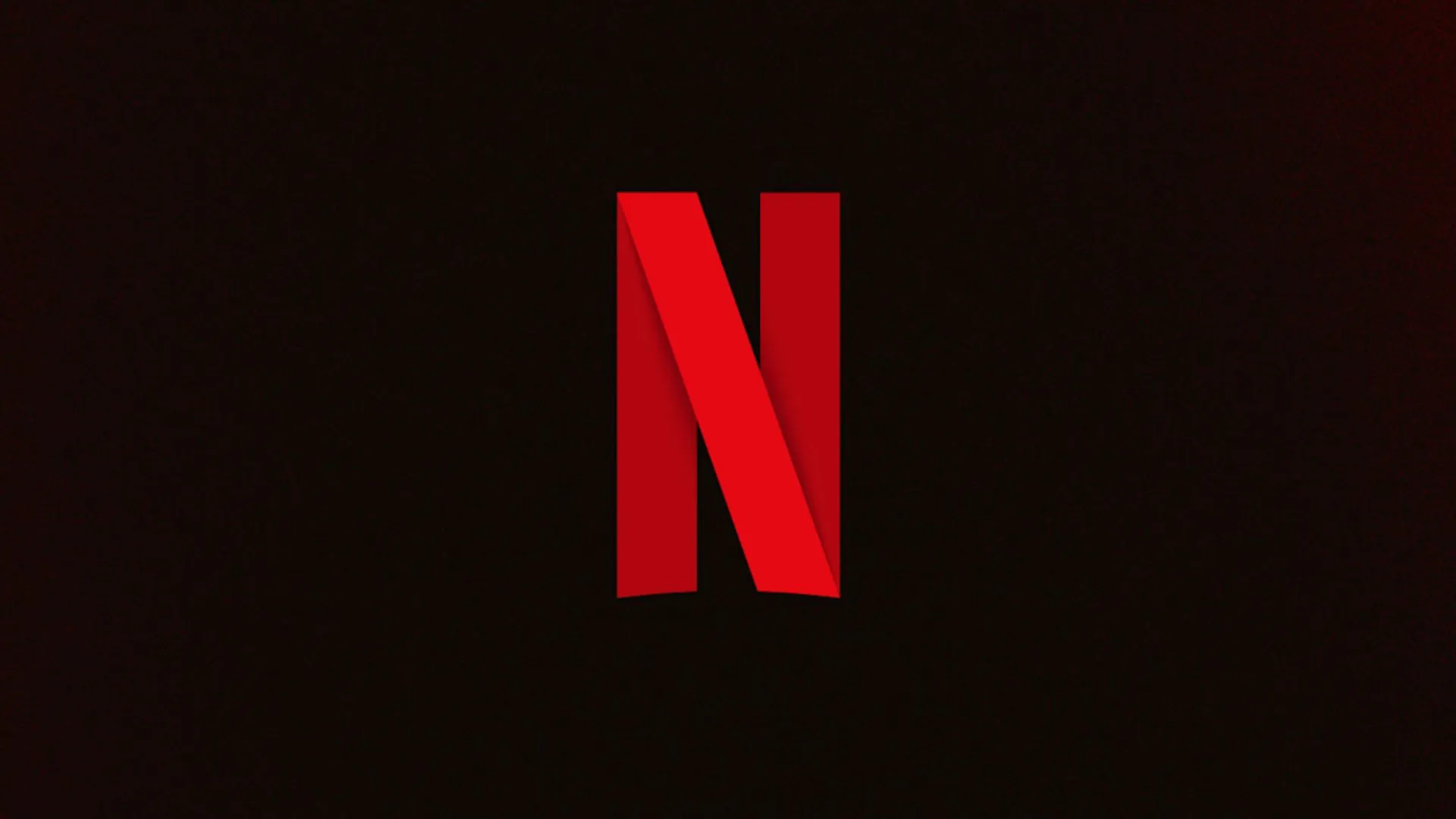Cardinal Pietro Parolin, aged 70, continues to be one of the top names speculated to follow Pope Francis as the next leader of the Catholic Church. Hailing from Italy, Parolin is widely seen as a moderate figure who could extend Pope Francis’ reforms with a more grounded and administrative approach.
Cardinal Parolin has served as a key diplomat within the Vatican for decades. Appointed by Pope Francis as Secretary of State in 2013, he has become one of the most prominent figures in the Holy See.
His reputation as a calm and composed insider has solidified his status as a papabile—an eligible candidate for the papacy.
Experience Shaped by Global Diplomatic Roles
Having joined the seminary at just 14 and ordained a priest by 25, Parolin pursued canon law at the Gregorian University in Rome. By the age of 31, he officially entered the Vatican’s diplomatic service.
His early assignments took him to Nigeria and Mexico, where he helped reestablish the Vatican’s diplomatic presence.
Over the years, he represented the Church in high-stakes missions to regions like Vietnam and North Korea and led efforts for nuclear non-proliferation during the 2000s.
Ties to Controversies and Financial Scandals
Despite his accomplishments, Cardinal Parolin has not been without controversy. He was loosely linked—though not indicted—in the Vatican’s failed investment in London real estate that led to the 2021 trial of nine other Church officials. His office reportedly lost tens of millions due to poor financial decisions and questionable agreements.
He also faced criticism in 2018 for his role in a secretive agreement with China regarding bishop appointments. The deal stirred tension within the Church, especially among conservative Catholics and clergy who opposed the compromise.
A Practical Successor to Pope Francis?
Although Parolin lacks substantial pastoral experience, his deep familiarity with Vatican operations and diplomacy makes him a logical choice for those seeking continuity in Church leadership.
His Italian origin could also mark a return to tradition after three non-Italian popes: Francis (Argentina), Benedict XVI (Germany), and John Paul II (Poland).
Still, the financial missteps and his perceived resistance to economic reforms could hinder his prospects.






















